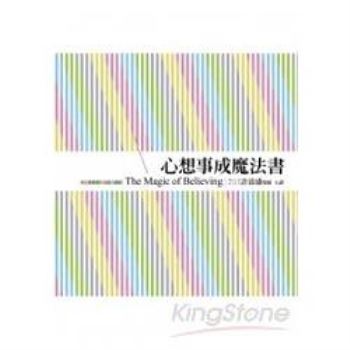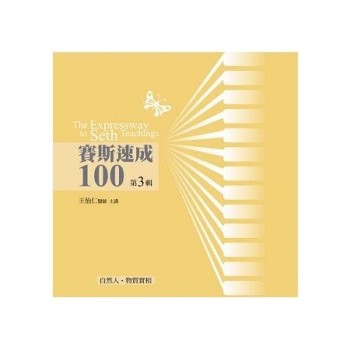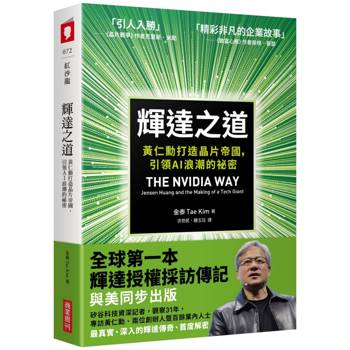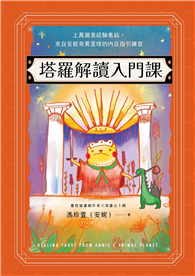This book offers a philosophical inquiry into the idea of curriculum as confession and considers how it can help us answer questions of justice, selfhood, and truth. It connects the field of curriculum studies and continental philosophy in order to arrive at new ways of thinking through the concept and act of confession. Utilising a phenomenological and deconstructive approach to thinking about curriculum, the author draws upon scholars including William Pinar, Jacques Derrida, Madeleine Grumet, and Michel Foucault to act as interlocutors for a re-thinking of Pinar’s statement that "we need educational confession." The chapters argue that confession communicates the interplay between thinking, translation, and transformation, showing how confession can be conceived of as educative in both instrumental and existential ways. An innovative study that explores confession in both "religious" and "secular" senses, and conceptualises curriculum as a theological and phenomenological text, it uniquely explores what confession can reveal, how we tell the truth without violating the other, and how one does justice to the world they experience. It will appeal to scholarly audiences with interests in curriculum studies, teacher education, philosophy of education, religious studies, religious education, and theology.
| FindBook |
有 1 項符合
Curriculum as Confession: The Promise of Teaching for Selfhood and Truth的圖書 |
 |
Curriculum as Confession: The Promise of Teaching for Selfhood and Truth 作者:Cruz 出版社:Routledge 出版日期:2024-10-21 語言:英文 規格:精裝 / 200頁 / 普通級/ 初版 |
| 圖書館借閱 |
| 國家圖書館 | 全國圖書書目資訊網 | 國立公共資訊圖書館 | 電子書服務平台 | MetaCat 跨館整合查詢 |
| 臺北市立圖書館 | 新北市立圖書館 | 基隆市公共圖書館 | 桃園市立圖書館 | 新竹縣公共圖書館 |
| 苗栗縣立圖書館 | 臺中市立圖書館 | 彰化縣公共圖書館 | 南投縣文化局 | 雲林縣公共圖書館 |
| 嘉義縣圖書館 | 臺南市立圖書館 | 高雄市立圖書館 | 屏東縣公共圖書館 | 宜蘭縣公共圖書館 |
| 花蓮縣文化局 | 臺東縣文化處 |
|
|
圖書介紹 - 資料來源:博客來 評分:
圖書名稱:Curriculum as Confession: The Promise of Teaching for Selfhood and Truth
|











